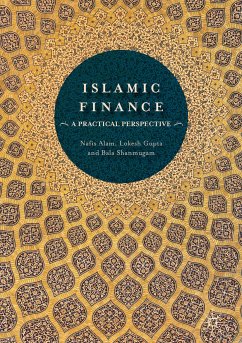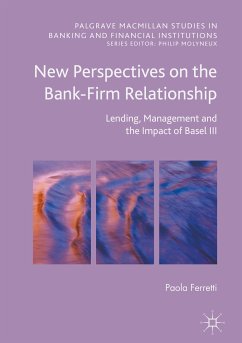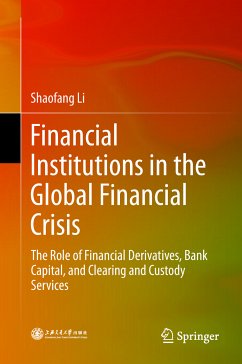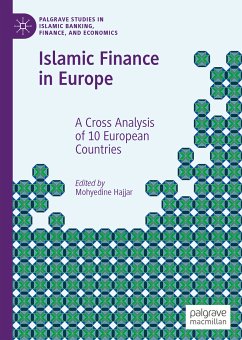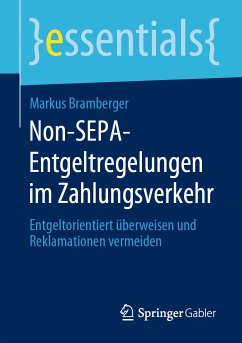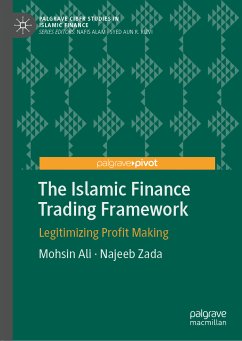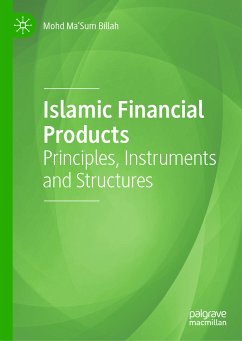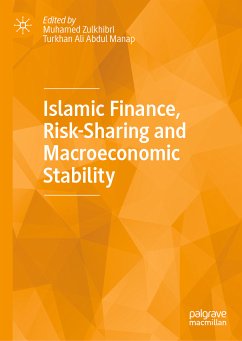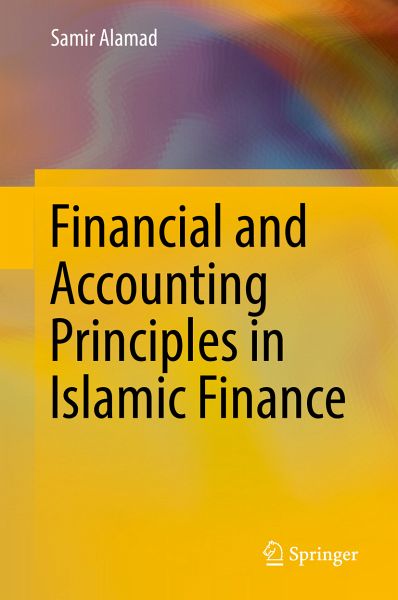
Financial and Accounting Principles in Islamic Finance (eBook, PDF)
Versandkostenfrei!
Sofort per Download lieferbar
104,95 €
inkl. MwSt.
Weitere Ausgaben:

PAYBACK Punkte
52 °P sammeln!
This book provides an original account detailing the origins and components of a faith-based accounting system that was founded around 629 CE. By examining the historical development that the accounting systems underwent within the context of faith-based rules and values, the book explains what is meant by the term "faith-based accounting", together with a discussion of its characteristics in relation to various product structures and the underlying Islamic finance principles. It provides important theoretical and practical contributions by explaining accounting as a value-based science rather...
This book provides an original account detailing the origins and components of a faith-based accounting system that was founded around 629 CE. By examining the historical development that the accounting systems underwent within the context of faith-based rules and values, the book explains what is meant by the term "faith-based accounting", together with a discussion of its characteristics in relation to various product structures and the underlying Islamic finance principles. It provides important theoretical and practical contributions by explaining accounting as a value-based science rather than a value-free object or abstract. This book explores the way in which religious rules act as a directive for accounting and auditing practices in IFIs. Through which the concept of money and digital currency within the theory of money and how it is enacted in a faith-based context, amid differences of opinions among its actors, is examined. This is an important foundation to explain Islamic accounting and includes how this outcome would shape the faith-based view regarding the new phenomenon of digital currency (DC). Also featured is the concept of paper money within the theory of money and how it is enacted in a faith-based legal framework by identifying two core concepts of today's Fiat money as being a single genus or multi-genera money. This book is not merely an academic work, nor is it a pure practitioner guide; rather, it is a robust work that combines both. It marries rigorous academic research and theories with practical industry experiences. The book provides a clear and concise guide to accounting in Islamic economics and finance and how Islamic financial institutions could meet the applicable faith-based rules in their accounting practices.
Dieser Download kann aus rechtlichen Gründen nur mit Rechnungsadresse in A, B, BG, CY, CZ, D, DK, EW, E, FIN, F, GR, HR, H, IRL, I, LT, L, LR, M, NL, PL, P, R, S, SLO, SK ausgeliefert werden.



